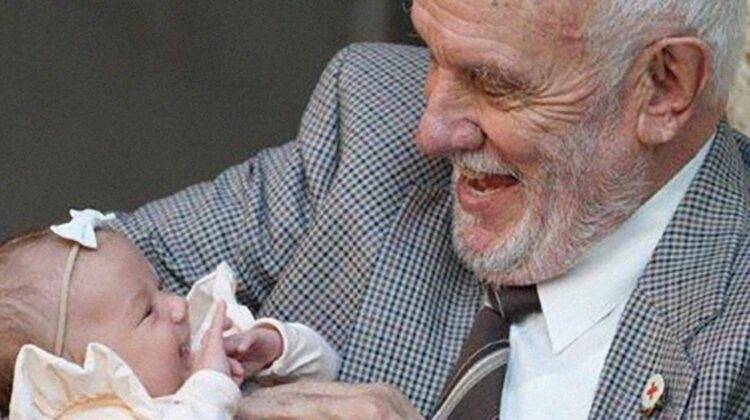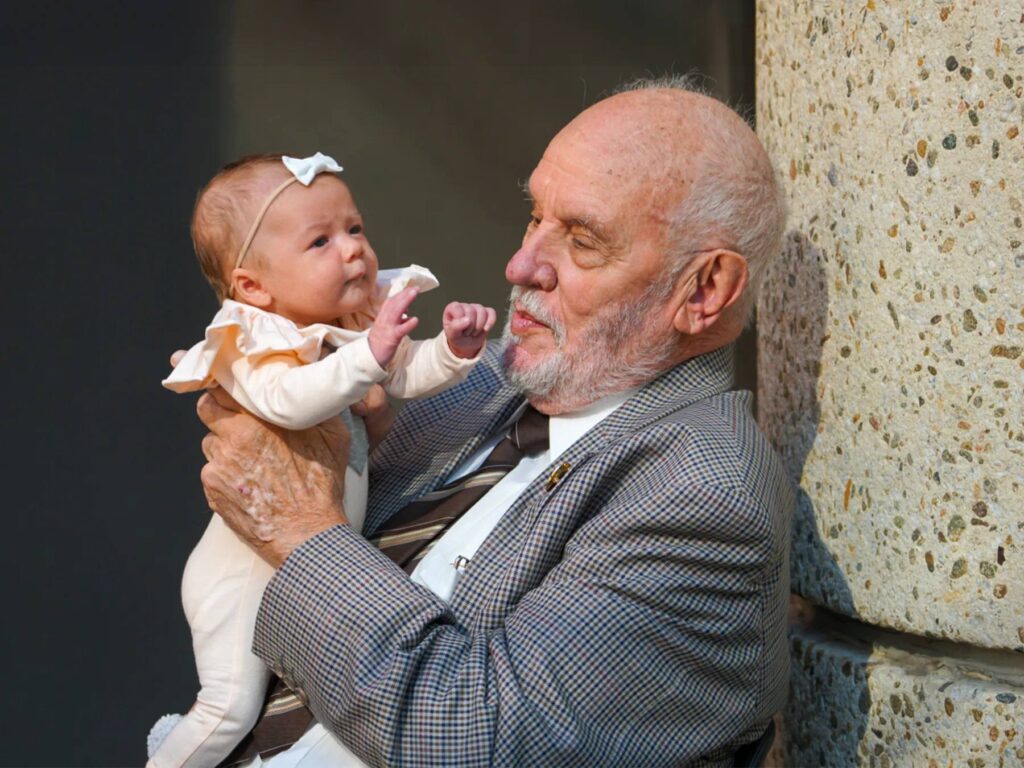
James Harrison, a selfless Australian known as “the man with the golden arm,” passed away on February 17, 2025, at the age of 88. His remarkable legacy lives on, having saved the lives of over 2.4 million babies through his blood plasma donations. For more than six decades, Harrison made over 1,100 donations, playing a pivotal role in protecting unborn babies from the deadly Rhesus D Haemolytic Disease. Harrison’s extraordinary humanitarian efforts have earned him the title of a hero, and his story continues to inspire generations.
A Legacy of Life-Saving Donations
James Harrison’s journey began at 14 when he underwent surgery and required a blood transfusion. This experience would later inspire him to donate blood throughout his life, beginning at the age of 18. What set Harrison apart from other donors was the rare antibody in his blood—Anti-D—used to create the lifesaving medication for mothers-to-be at risk of Rhesus D Haemolytic Disease. This condition causes the immune system of pregnant women to attack the red blood cells of their babies, potentially leading to brain damage, heart failure, or even death.

In 1999, Harrison was recognized for his dedication when he received the Medal of the Order of Australia for his significant contribution to Lifeblood, particularly for his involvement in the Anti-D program. His record of 1,162 blood plasma donations from his right arm and 10 from his left arm has made him a symbol of generosity and compassion.
How His Donations Changed the Lives of Millions
Harrison’s unique blood plasma helped prevent Rhesus D Haemolytic Disease in thousands of pregnancies, saving the lives of millions of babies across Australia. The Australian Red Cross Lifeblood service credits him for single-handedly saving more than 2.4 million babies, making him one of the most impactful blood donors in history. His daughter, Tracey Mellowship, shared her father’s pride in knowing that his contributions helped create families, including her own.
His final donation took place in 2018 at the age of 81. Harrison’s decision to continue donating, even in his later years, reflected his deep commitment to helping others. Despite the personal challenges he faced, including the loss of his wife, Barbara, another dedicated blood donor, Harrison remained resolute in his mission to save lives.

A Humanitarian Heart
James Harrison’s dedication to blood donation was not driven by fame or accolades. His actions were rooted in his humanitarian spirit. His simple yet powerful philosophy was, “It does not hurt, and the life you save could be your own.” These words echoed throughout his life and were shared by those who admired him.
Lifeblood CEO Stephen Cornelissen called Harrison a “remarkable, stoically kind, and generous person.” His legacy goes beyond the millions of lives saved; Harrison’s unwavering commitment to the cause of blood donation has touched hearts worldwide. As a role model for future generations, his story demonstrates the power of individual action and the profound impact one person can have on the lives of many.

The Importance of Blood Donation
James Harrison’s life is a reminder of the critical importance of blood donation, particularly in combating conditions like Rhesus D Haemolytic Disease. Blood donations save millions of lives every year, and the Anti-D program has been a crucial tool in preventing severe health complications for babies born to mothers with Rh-negative blood.
Harrison’s selfless contributions have shown that blood donations are not just a medical necessity—they are an act of compassion that can make the difference between life and death. His legacy continues to inspire people around the world to donate blood, helping ensure that lifesaving treatments reach those in need.
James Harrison’s passing marks the end of an era, but his legacy will endure forever. The “man with the golden arm” leaves behind a world profoundly changed by his extraordinary act of kindness. His life-saving donations have saved millions of babies and inspired countless individuals to give back to their communities. As we honor his memory, let us remember the power of a single act of generosity and the lasting impact one person can have on the world.

Leave a Reply